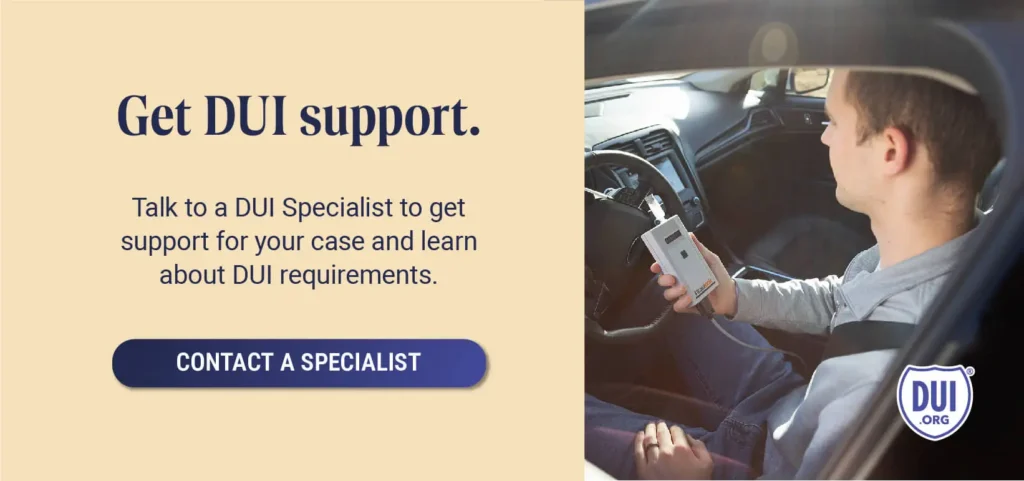
It’s no secret that many teenagers experiment with alcohol. According to the National Institute on Alcohol Abuse and Alcoholism, 28% of kids aged 12-20 reported drinking in the past year, and 14% reported drinking in the past month.
While some teens think underage drinking is harmless, it has been proven to have lasting negative effects on brain development. Even more concerning is the risk of underage drinking and driving. Many teens may feel they’re fine to drive after a few drinks, but they often fail to recognize the signs of impairment. This makes the decision to drive after drinking even more dangerous.
Whether it's called DUI, OWI, or DWI, underage drinking and driving is illegal and extremely risky. The health risks and legal consequences become far more severe when teens combine drinking with getting behind the wheel. In fact, 30% of teens involved in fatal crashes had consumed alcohol. Let’s break down the legal consequences of underage drinking and driving, as well as one proven way to help prevent it.
Drunk Driving Charges Under 21
Driving under the influence is illegal in all 50 states, and so is drinking under the age of 21. This means that underage drivers caught drinking and driving are breaking multiple laws, leading to harsh legal consequences. Penalties for underage DUI can include:
- Major fines
- Driver’s license suspension or revocation
- Mandatory DUI education programs
- Jail time or juvenile detention
The severity of penalties varies by state and depends on factors like prior convictions and the driver’s blood alcohol concentration (BAC) at the time of the arrest. Most states enforce stricter BAC limits for drivers under 21, sometimes as low as 0.00%, compared to the standard 0.08% for adults (or 0.05% in Utah).
In some cases, first-time offenders may receive more lenient treatment if their BAC was low at the time of arrest. Courts might offer alternatives to jail time, such as community service, probation, or alcohol treatment programs. These alternatives can help young drivers avoid having the conviction on their permanent record, which is critical for things like college applications, scholarships, and job opportunities. However, repeat offenses lead to much harsher penalties with fewer chances for leniency.

Zero-Tolerance Laws
Zero-tolerance laws are specifically designed for underage drivers, with most states enforcing much lower BAC limits for anyone under 21. While the standard legal BAC limit for drivers over 21 is 0.08%, underage drivers can face penalties with BAC levels as low as 0.02%, or even 0.01% in some states.
These zero-tolerance laws are meant to discourage any level of drinking before driving. The presence of even a small amount of alcohol in an underage driver’s system can lead to major legal trouble. According to the National Highway Traffic Safety Administration, zero-tolerance laws have been effective in reducing underage drinking and driving incidents and related fatalities.
Voluntary Car Breathalyzers for Teens
A proven way to prevent all drinking and driving, including that by underaged drivers, is by using a voluntary ignition interlock device (IID), commonly known as a car breathalyzer. These devices, which can be installed in any vehicle, require the driver to provide an alcohol-free breath sample before the car will start, helping to ensure your teen isn’t driving under the influence.
For parents, voluntary IIDs offer peace of mind by promoting safe driving habits and helping teens resist peer pressure. They also provide critical support for teens who may be struggling with alcohol use. Since these devices are not court-mandated, no government monitoring is involved, and special pricing options are available for voluntary installations.
At DUI.org, we offer resources and guidance for families interested in installing a voluntary IID to keep their teens safe and responsible on the road. Call DUI.org today for help with ignition interlock devices and other state requirements.
Get support.
What is next? We can help you through the process. Give us a little information and we can support you through the next steps.
All fields are required.